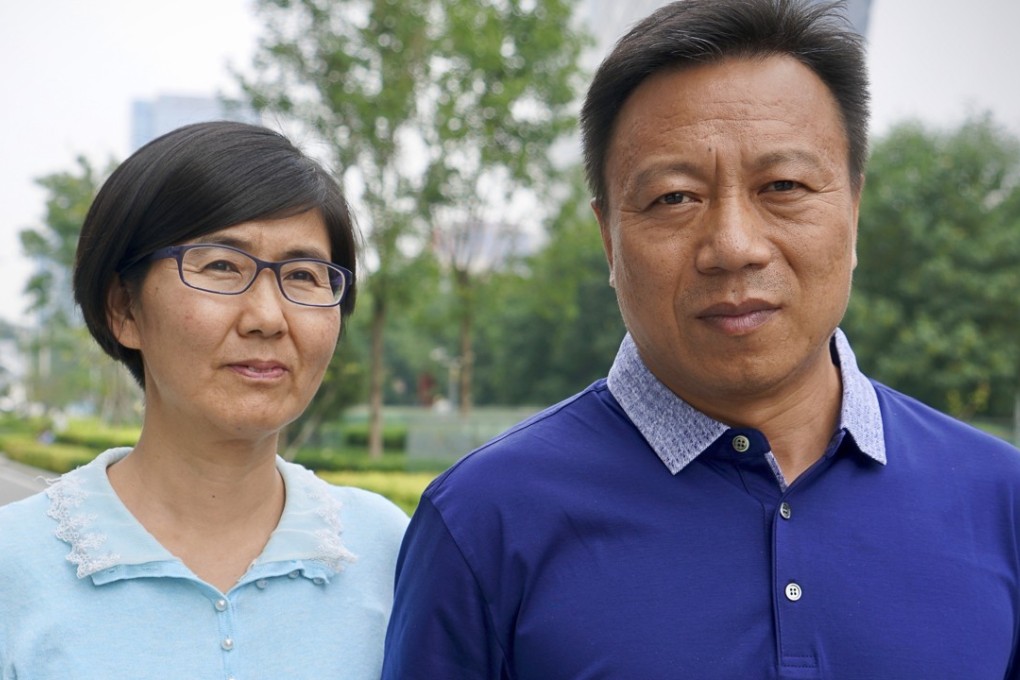‘Shackled, isolated and beaten’: how one child became a victim of China’s 709 crackdown on rights lawyers
Bao Zhuoxuan was just 15 when his mother and father were detained for their work defending activists, marking the start of his own ordeal

Wang Yu knew she would have to pay a price for her work as a Chinese human rights lawyer but she was not prepared for the toll the state would take on her young son.
Wang, the once-fiery defender of activists and the vulnerable, has been beaten mentally and physically by detention and surveillance, and today, three years after she was swept up in a nationwide crackdown, her speech is slower and her pauses for thought longer. She struggles with auditory and smell hallucinations, memory problems and a heart condition – among a litany of other ailments.
But the 47-year-old’s relentlessness returns when she describes the damage that was visited on her son – and the family as a whole.
“To subject my son to collective punishment because I took on human rights cases is inhumane. The barbaric practice must not go on. It is torture,” she said.
“My son’s [punishment] must be the first of its kind. Even the daughters of Ilham Tohti and Gao Zhisheng were not [persecuted by association with] their parents,” Wang said.
Uygur economist Tohti is serving a life sentence for “separatism” and rights lawyer Gao has not been seen since he disappeared a year ago while under house arrest.